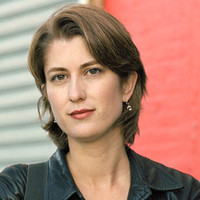The Inner Ring
My main purpose in this address is simply to convince you that this desire is one of the great permanent mainsprings of human action... Unless you take measures to prevent it, this desire is going to be one of the chief motives of your life, from the first day on which you enter your profession until the day when you are too old to care.

